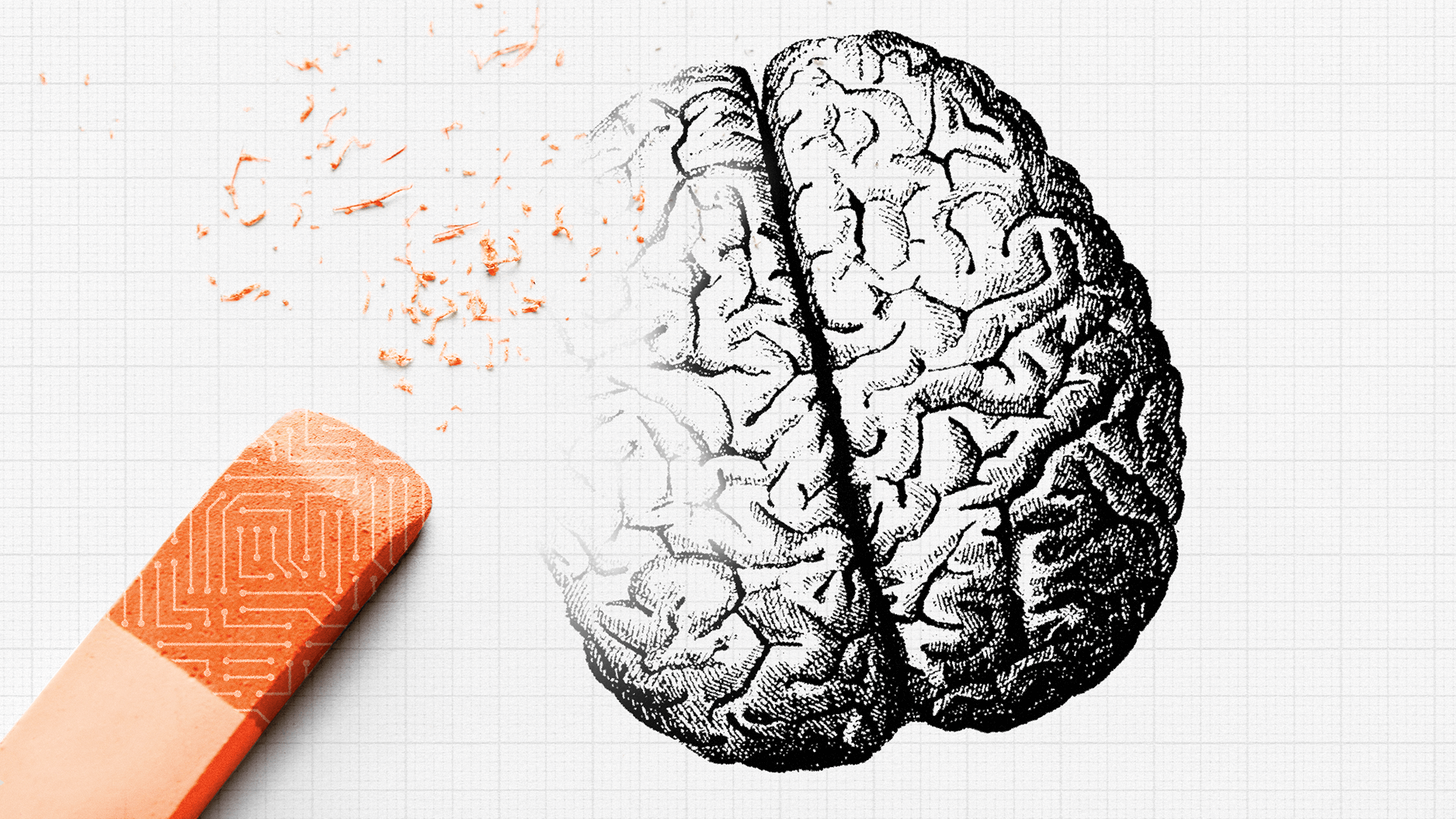While science is indelibly distinct from the field of ethics, Richard Dawkins believes that there are a number of ways in which its facts and reasoning could greatly benefit our ability to understand and repair the world’s suffering.
Question: Can science shed light on any moral issues?
Richard Dawkins: Science is not in the business of shedding light on moral debates, but I think it can do sometimes -- the whole subject of moral philosophy, of examining moral questions in a logical way to expose inconsistencies, for example. When you're looking at moral questions, so-called moral questions, like abortion or euthanasia, you can show that people who take a very strong absolutist line may be being inconsistent with themselves because they are taking a strong line on one thing while at the same time inconsistently not taking a similarly strong line on another. So that would be a scientific way of thinking; it's not science per se. It's moral philosophy, but it's a kind of scientific way of thinking. But also I think scientific facts can illuminate moral debate. In the case of abortion again, for example, a scientist might contribute to the debate information about at what point during the development of an embryo the nervous system comes into being. And presumably, before the nervous system comes into existence there is no ability to feel pain or to suffer. And so maybe something important happens at the moment when the nervous system comes into being.
On the other hand, you might say, well, even when a human embryo develops a nervous system and develops the capacity to perhaps suffer, it's still a much smaller nervous system than the nervous system of an adult cow. And so what about balancing the suffering of a human embryo against the suffering of an adult cow when it's being slaughtered for meat. An absolutist moralist would say, well, humans are just plain special, and cows are not humans, so they don't deserve the same moral consideration. But a scientist might come along and say, well, what do you mean by that? I mean we are, after all, all evolved; we're all cousins.
At what point in the evolution -- since we know evolution is a fact -- at what point in the evolution of humans would you suddenly draw the line and say, all right, from now on they're all human and before that they're not? In the evolutionary progression from the common ancestors with chimpanzees, who lived about six or seven million years ago, to modern humans, going through creatures which might have looked a bit like Lucy, might have looked a bit like the newly discovered fossil Ardi, would you have given special human moral ethical consideration to Lucy? Or would you count Lucy as though she was a chimpanzee? Does this perhaps suggest to you that we shouldn't be in the business of drawing lines between species in this kind of way, and maybe these lines should be regarded as more fuzzy and less clear cut. Our absolutist moralities that do draw hard and fast lines between humans and all other species -- even taking a human fetus and calling that human, whereas an adult chimpanzee is not and doesn't deserve the same moral consideration -- is that consistent with science? These are ways that science can at least inform moral discussions.
Question: Is there ever a point where scientific reasoning can harm society?
Richard Dawkins: You can, I suppose, make a utilitarian justification for obnoxious practices. You could make a utilitarian justification for torture. Moral philosophers sometimes pose the hypothetical case where the world is about to be blown up. Only one person knows the secret password to stop the doomsday bomb going off. This one person is a suicide bomber who refuses to give up the password. Are you right to torture him? And most people, I think, say you are. I mean, it's a horrible thing to torture somebody, but under those extreme conditions, to save the world you would torture somebody. And that would be a utilitarian justification for an otherwise obnoxious practice such as torture.
Recorded on: October 21, 2009






